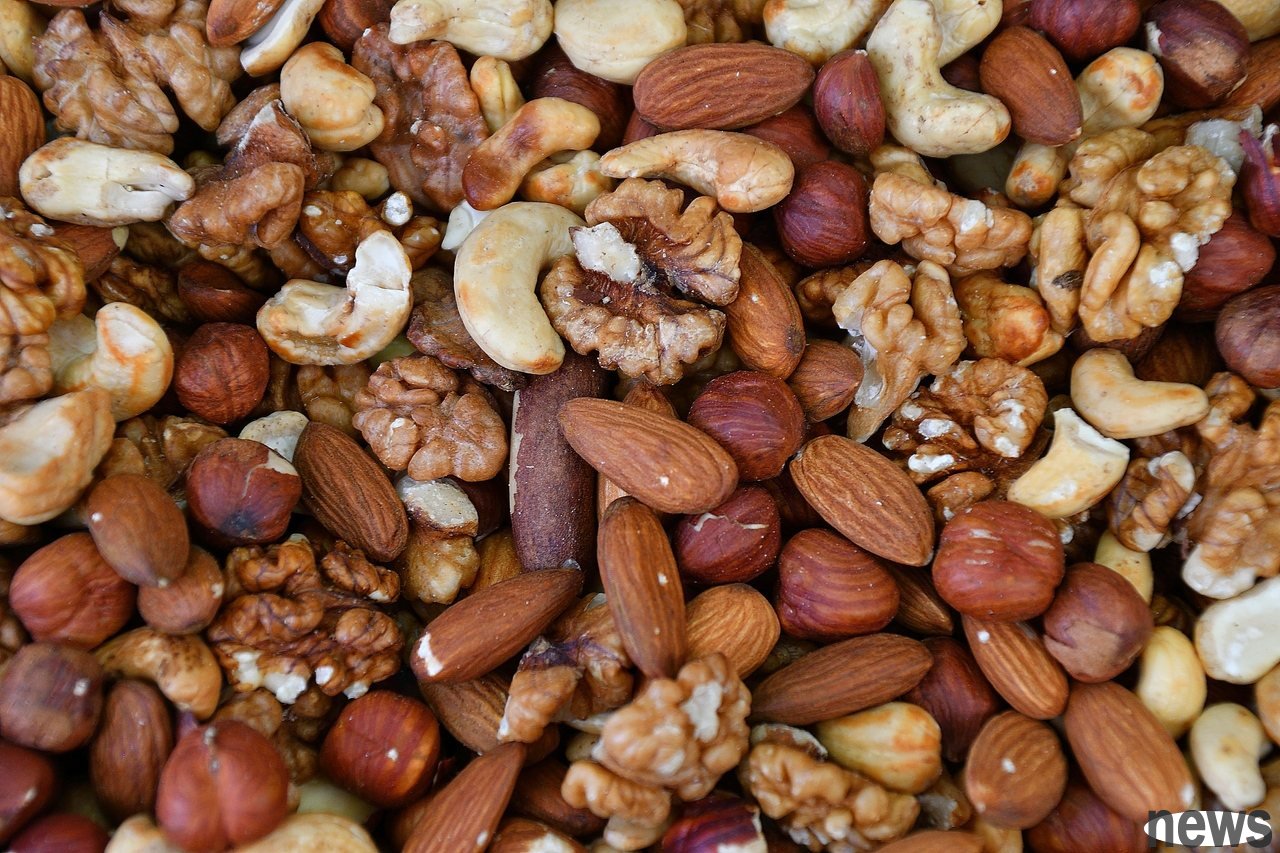 Understand the health benefits and correct ways to eat fruit! From infertility and fatty acids to vitamin E and dietary fiber, it provides comprehensive support for health. But remember that the appropriate amount is the key, one spoonful of original fruits per day can meet the needs, while avoiding excessive heat and fat.
Understand the health benefits and correct ways to eat fruit! From infertility and fatty acids to vitamin E and dietary fiber, it provides comprehensive support for health. But remember that the appropriate amount is the key, one spoonful of original fruits per day can meet the needs, while avoiding excessive heat and fat. Fruits belong to oils and fruit seeds, and are a food that is beneficial to human health. Not only does it contain rich in infertile and fatty acids, it also provides vitamin E, dietary fiber and a variety of trace minerals. However, if you take too much heat and fat, you may accidentally get too much heat and fat, which will have a negative impact on your health.
{9Vitamin E: It has strong antioxidant ability, protects cells from free radical damage, and is very important for the normal operation of the body. Fruits such as sunflower seeds, almonds, and pine nuts contain rich vitamin E.
Dietary fiber: It can reduce calcified sterol, increase foot feeling, delay blood sugar rise after meals, and promote stomach peristalsis.
How many fruits should you eat every day?It is recommended that adults take 1 serving of fruit seeds (about a ton of spoon) per day, or to distribute "one teaspoon per meal" evenly among three meals to achieve the recommended intake.
The three keys to choose fruit: original flavor, appropriateness, and matching. Choose "original flavor": When buying fruits, carefully read the food ingredients labels, choose original, non-fried fruits, or directly buy raw fruits and bake them by yourself to reduce unnecessary heat, sugar and salt collection.
. Just eat "appropriate amount": due to the high heat and fat content of fruits, excessive consumption may lead to excessive heat, causing obesity problems. It is recommended to take a portion of fruit seeds every day, such as: 10 peanuts, 5 almond fruits, 5 cashews, 15 pistachios and 2 walnuts.
. Learn "match": The fruit can be broken and added to the dish, or mixed with milk, excellent foods, etc., which not only enhances the flavor of the dish, but also improves the dietary stature and quality.
The fruit can indeed bring good health, but it is not as good as it is. Eat one spoonful of fruit every day to meet the recommended daily amount. Most importantly, maintain a balanced diet and a variety of intakes to ensure that your body receives comprehensive nutrition.
Responsible editor: Chen Yaomei